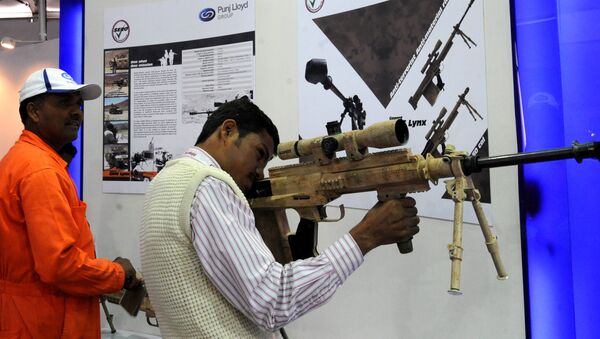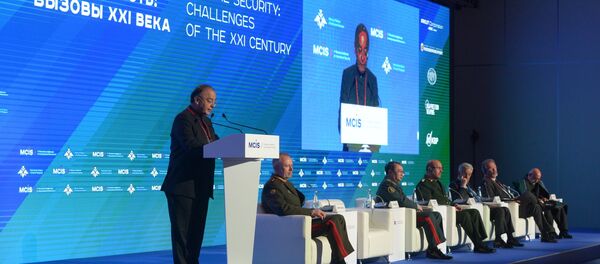"A significant number of changes to SCOMET have been carried out to adopt the regulations and lists of the Wassenaar Arrangement and the Australia Group, two multilateral export control regimes that India wishes to join," a release sent by India's Directorate General of Foreign Trade (DGFT) said.
Countries that wish to become a member of multilateral export control regimes need to ensure that exports are not accessed by proliferators, terrorist groups and non-state actors.
"These regulations are an important step to address such concerns. Further, global supply chains are increasingly interconnected. Adoption of these regulations is expected to act as an enabler for a greater role for Indian industry in global supply chains for high technology and value-added items and strategic sector items."
The updated list includes 16 broad categories of products which need approval from India's Department of Defense Production. The new Category 8 of SCOMET is, ‘Special materials and related equipment, material processing, electronics, computers, telecommunications, information security, sensors and lasers, navigation and avionics, marine, aerospace and propulsion'.
In 2015, the Indian government had made changes to export items like warships, tanks, armored vehicles, ammunition, rifles and small arms, military training equipment, electronic warfare devices, software, bombs and torpedoes.
The Narendra Modi government has taken several steps since 2014, including eight times jump in granting an export license to the private sector, to achieve a six-fold increase in defense exports worth $2 billion from the current level in the next two years.



